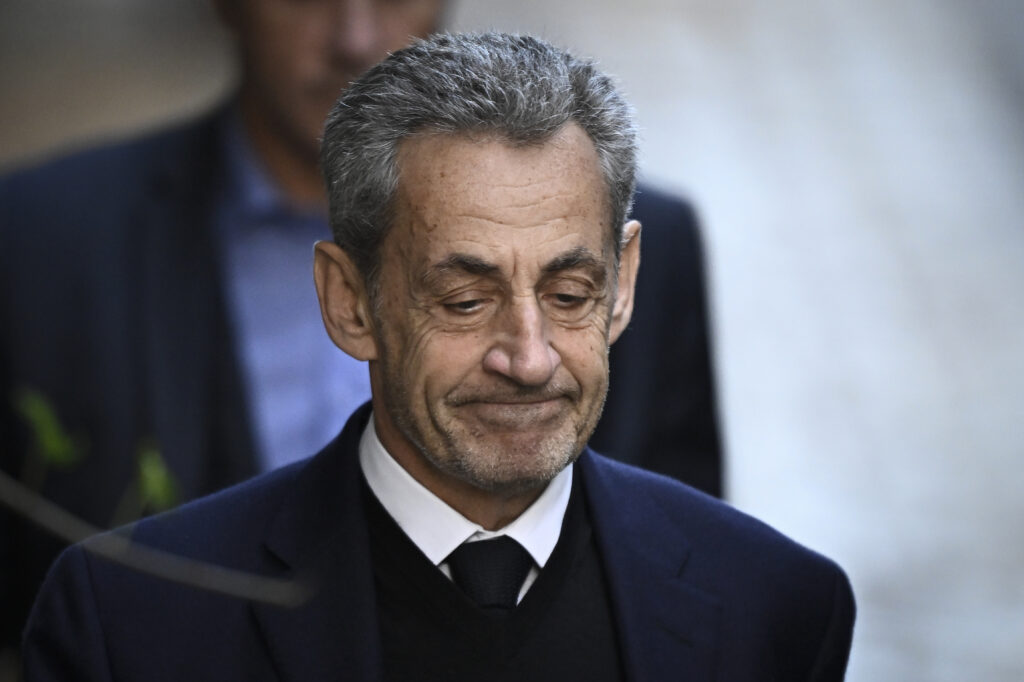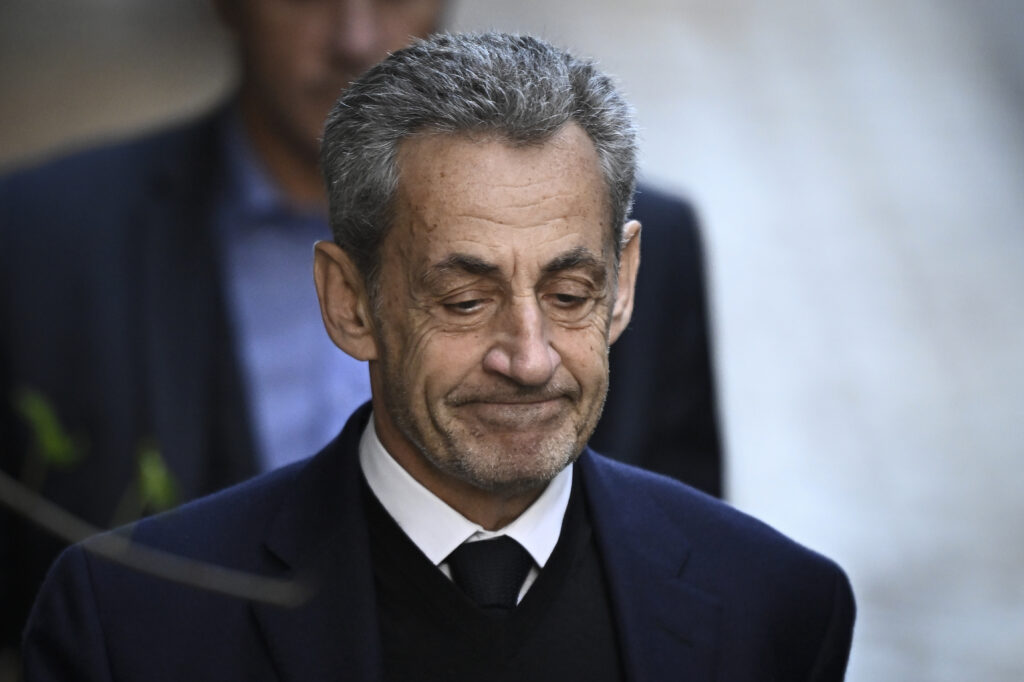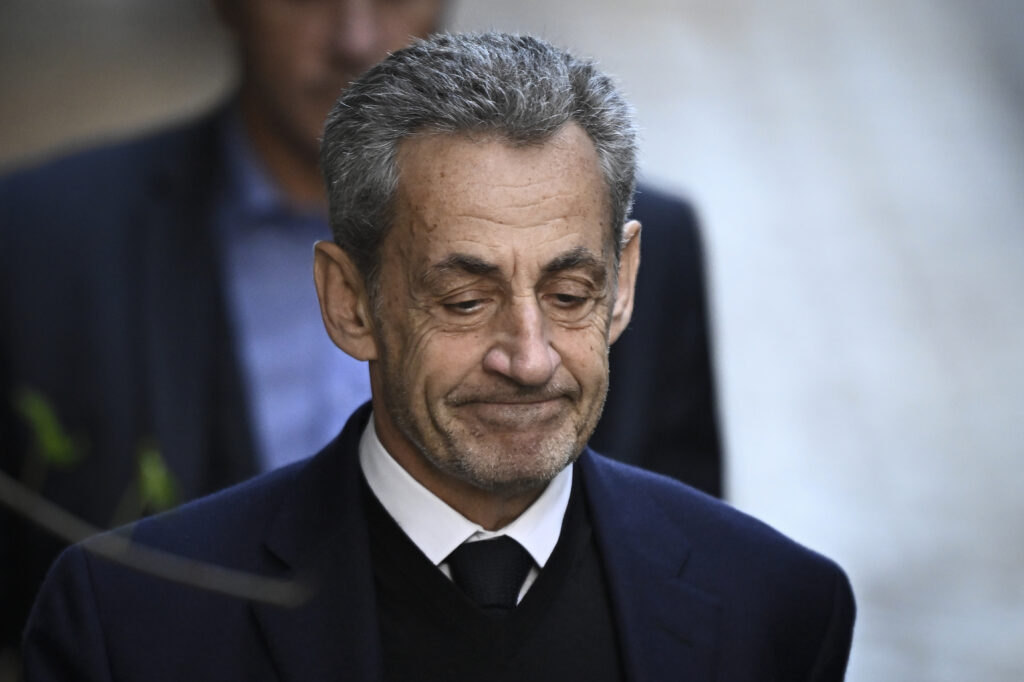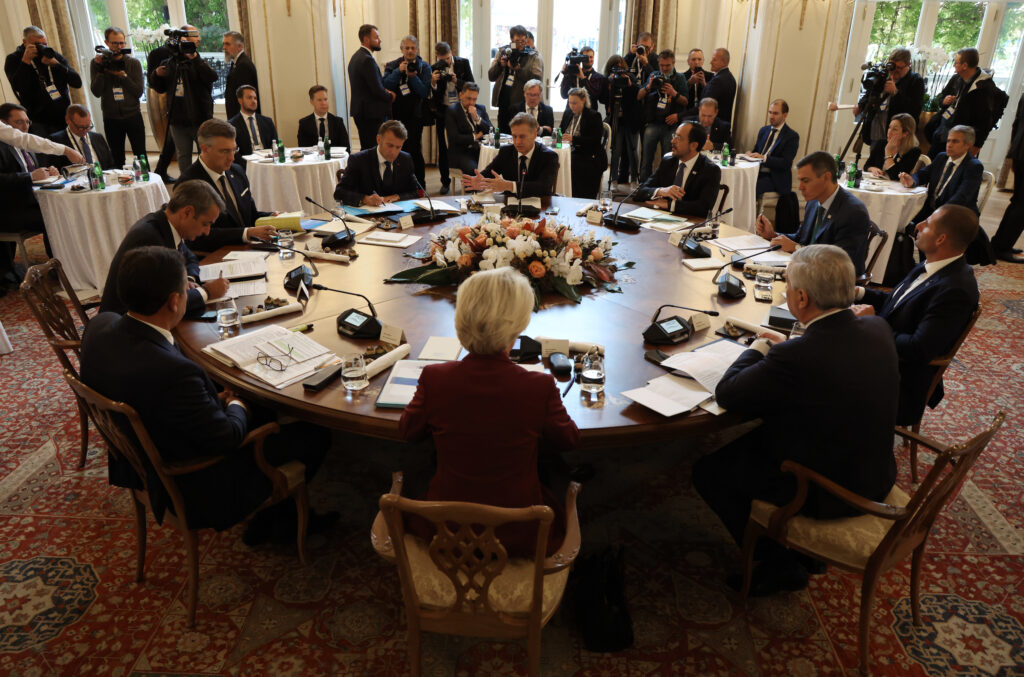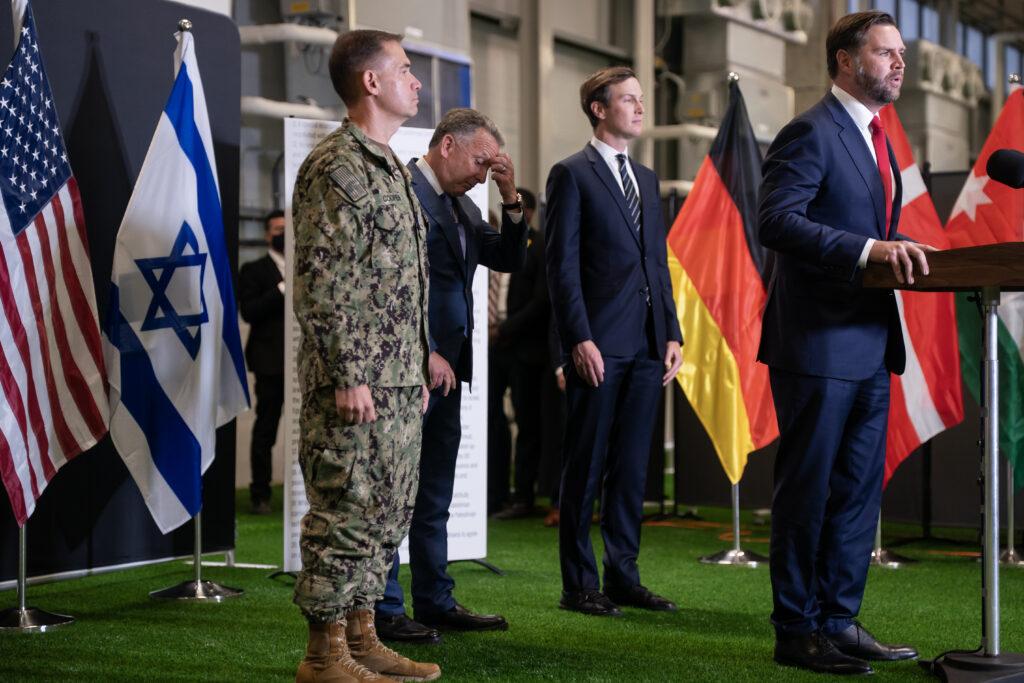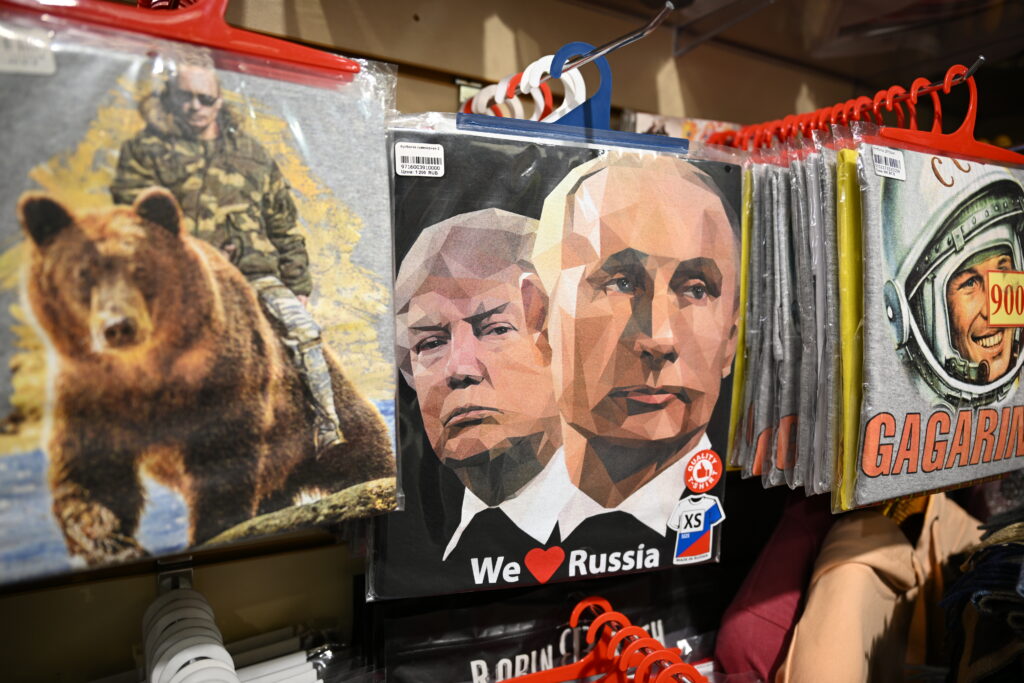Stocks rise on China-US hopes, gold and silver slump
Most stock markets extended gains Tuesday on signs that China-US trade tensions were easing and as investors digested a deluge of generally good earnings.Tokyo hit another record as Japan swore in new prime minister Sanae Takaichi and brought an end to a period of political uncertainty.But the price of gold tumbled more than six percent on profit-taking after recent record highs for the precious metal, seen as a safe haven investment. Silver tumbled more than eight percent.On Wall Street the Dow surged to a fresh all-time record while the Nasdaq edged lower as several leading industrial companies reported solid results.”Earnings continue to be a buoy for this market,” said Tim Urbanowicz of Innovator Capital Management. “We clearly have an environment where companies have the ability to thrive.”But, “we have valuations that have run up to a point where there’s not a lot of room for any bad news,” he added. Shares in General Motors raced about 15 percent higher after the automaker reported better-than-expected profits and boosted some full-year projections based on lower tariff costs.In Europe, the Paris stock exchange set fresh intra-day and closing records, pulled higher by a nearly 20-percent gain for financial services firm Edenred after it reported better-than-expected sales.Asian markets also posted gains, with Hong Kong and Shanghai closing up more than one percent. “The focus is now on US interest rate cuts, the new corporate reporting season, and US-China trade talks,” said Russ Mould, investment director at AJ Bell.Investors will look to US inflation figures due Friday for further signals about the pace of the rate cuts.Investors were back in a buying mood after last week’s ructions sparked by Donald Trump’s threat to hammer China with 100-percent tariffs over its latest rare earths export controls.The US president has since struck a more conciliatory tone ahead of an expected meeting with Chinese counterpart Xi Jinping at the APEC summit in South Korea.Trump said Tuesday he expected to seal a “good” trade deal with Xi next week, although the US president said the meeting was not a sure thing. “Maybe it won’t happen. Things can happen where, for instance, maybe somebody will say, ‘I don’t want to meet. It’s too nasty.’ But it’s really not nasty.” In Japan, the yen weakened after Takaichi was appointed prime minister, which raised expectations for a slower pace of interest rate rises.”Takaichi is expected to cut taxes and boost defense spending, she is also not a fan of interest rate hikes,” said Kathleen Brooks, research director at XTB trading group.Meanwhile gold and silver pulled back.”The drop was always going to come, and some would argue, what took it so long,” City Index and FOREX.com analyst Fawad Razaqzada told AFP.”Multiple factors have come together all at once — from hopes that the US and China will agree to extend the trade truce, to a rebound in the US dollar and an overall positive risk appetite,” he said.The pound fell against the dollar on official data showing UK public borrowing reached a five-year high in September.Among individual companies, Warner Brothers Discovery shot up 11 percent as the company announced it was considering a sale of all or part of itself “in light of unsolicited interest the company has received from multiple parties.”- Key figures at around 2015 GMT -New York – Dow: UP 0.5 percent at 46,924.74 (close)New York – S&P 500: FLAT at 6,735.35 (close)New York – Nasdaq Composite: DOWN 0.1 percent at 22,953.67 (close)London – FTSE 100: UP 0.3 percent at 9,426.99 (close)Paris – CAC 40: UP 0.6 percent at 8,258.86 (close)Frankfurt – DAX: UP 0.3 percent at 24,330.03 (close)Tokyo – Nikkei 225: UP 0.3 percent at 49,316.06 (close)Hong Kong – Hang Seng Index: UP 0.7 percent at 26,027.55 (close)Shanghai – Composite: UP 1.4 percent at 3,916.33 (close)Euro/dollar: DOWN at $1.1606 from $1.1642 on MondayPound/dollar: DOWN at $1.3374 from $1.3405Dollar/yen: UP at 151.91 from 150.75 yenEuro/pound: DOWN at 86.78 percent from 86.84 penceBrent North Sea Crude: UP 0.5 percent at $61.32 per barrelWest Texas Intermediate: UP 0.5 percent at $57.82 per barrelburs-jmb/ksb

